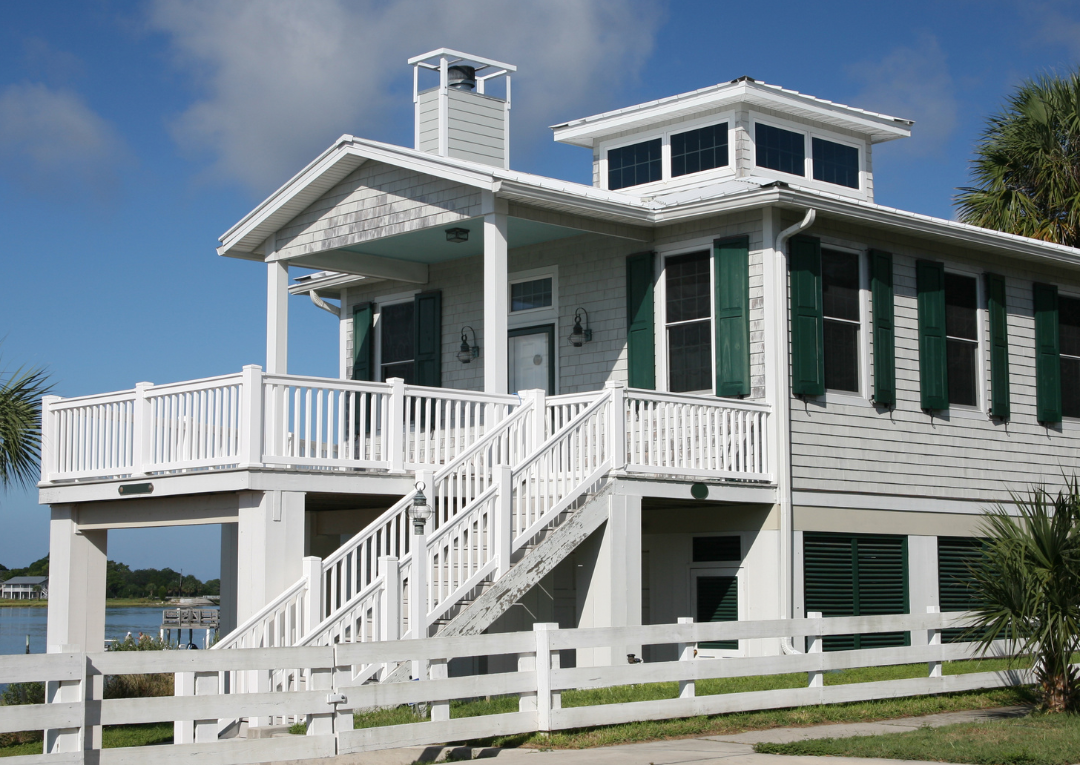Knowing What To Look For In A Vacation Home
Knowing What To Look For In A Vacation Home. If you have kids, you know that any moment you get to relax and enjoy your surroundings is precious. Childless readers will forever take for granted those moments of quiet solitude where they get to curl up on the sofa with a good book, enjoy a morning coffee alone in the kitchen, or sip a glass of red wine in the bath. We love our kids and we love being parents but we also understand that parenting is a full-time job and that our kids (while wonderful) can sometimes demand more of us than we have to give. That’s why every family needs and deserves at least one vacation a year. It’s a time when Mom and Dad can relax and unwind with the son while the kids immerse themselves in an unfamiliar location with a different culture, different cuisine, and (if you’re vacationing abroad) a whole other language. Kids are at their best when stimulated and while they vacation their senses are piqued by a range of different sights, sounds tastes, and smells to broaden their minds and keep them occupied.
Thus, if you’re a parent you likely already know the value of a vacation in giving you a much-needed opportunity to recharge your batteries so that you can navigate the responsibilities of parenting alongside working a full-time job and possibly even managing a side hustle in your free time. If, however, you’re serious about growing your money you’ve likely become frustrated by the pathetic interest rates offered by most high street savings accounts (let’s face it, 0.06% is never going to grow your money meaningfully). So where do you turn to grow your money? Well, you could opt for an online savings account which will be able to offer you a better rate. Online lenders have fewer overheads than high-street banks and as such may be positioned to give you a more favorable rate. The money smart, however, knows that the best way of growing your money is by supplementing your savings with some shrewd investments. But investment can be a capricious horse to hitch your wagon to in an unpredictable economy. Even the safest investment is a gamble and in an era where Bitcoin’s value is fluctuating with increasing wildness, stocks can tank practically overnight and Forex can be every bit as baffling and dangerous as trading stocks, those looking for the surest possible investment inevitably turn to property. Make no mistake folks, despite the unfortunate events of 2007-2008, property is still the safest place to put your money. But if the prospect of being a landlady or landlord doesn’t necessarily appeal to you, perhaps you would get more out of buying a vacation home.
Remember, a vacation home is more than just an investment
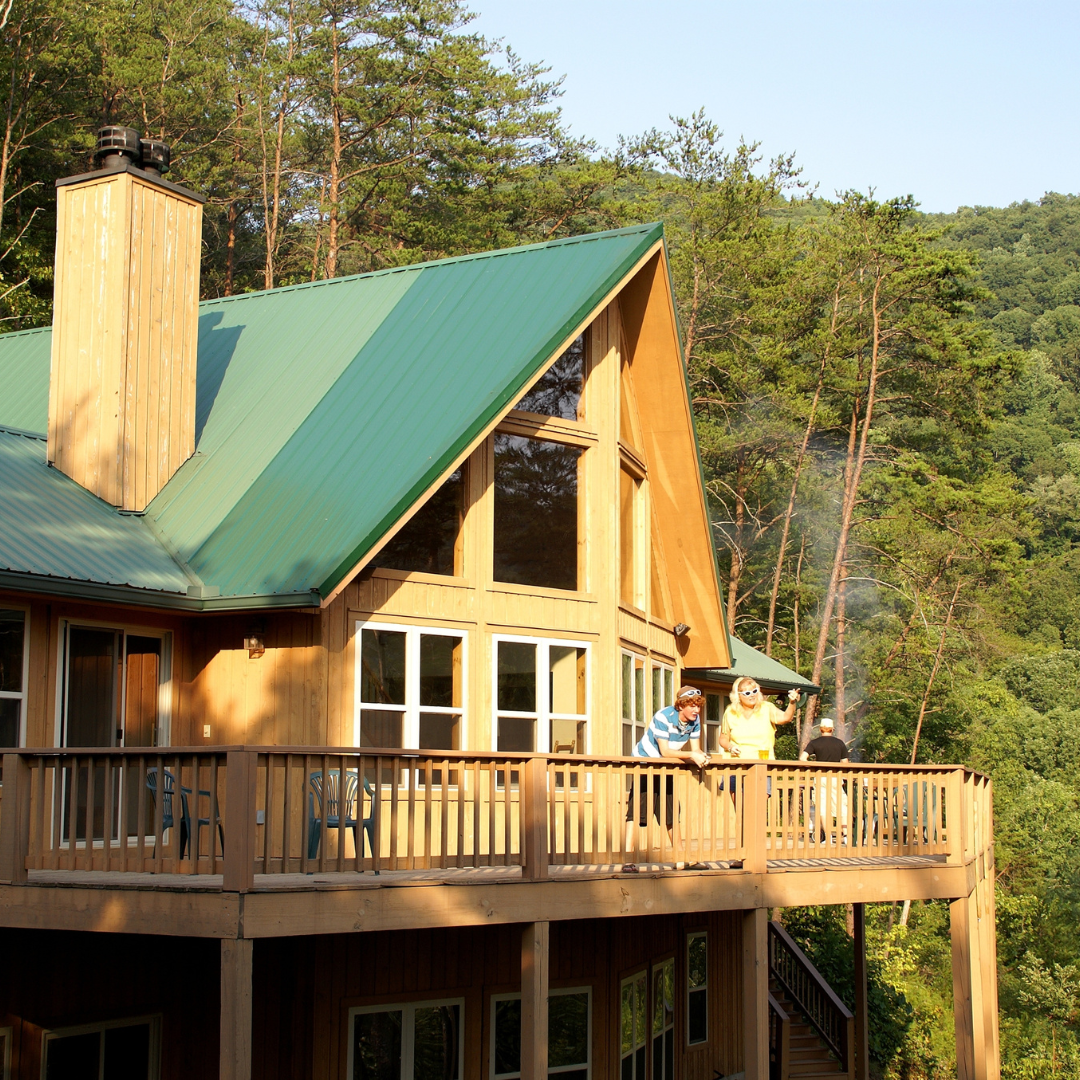 Sure, a vacation home is an investment opportunity and one which, depending on where you buy, may be able to generate a steady stream of revenue for you all year round. But it’s so much more than that. It’s also a home away from home. It’s a place where you can enjoy all the pleasures and gratifications of a vacation with an added sense of security, comfort, and familiarity with home. Let’s face it, even most travel thirsty for us get homesick on vacation every now and then. We miss the little things and the sense of ownership that we have of our living space. As nice as it can be to stay in a hotel room, inevitably the novelty wears off after a while. Soon we begin to miss that feeling of being in a place that’s well and truly ours. Thus, a vacation home can give you the best of both worlds. Plus, there are significant tax advantages to buying a vacation home over buying a place on a buy-to-lease basis. And remember, every cent you spend on your property, its management, and its upkeep is tax deductible.
Sure, a vacation home is an investment opportunity and one which, depending on where you buy, may be able to generate a steady stream of revenue for you all year round. But it’s so much more than that. It’s also a home away from home. It’s a place where you can enjoy all the pleasures and gratifications of a vacation with an added sense of security, comfort, and familiarity with home. Let’s face it, even most travel thirsty for us get homesick on vacation every now and then. We miss the little things and the sense of ownership that we have of our living space. As nice as it can be to stay in a hotel room, inevitably the novelty wears off after a while. Soon we begin to miss that feeling of being in a place that’s well and truly ours. Thus, a vacation home can give you the best of both worlds. Plus, there are significant tax advantages to buying a vacation home over buying a place on a buy-to-lease basis. And remember, every cent you spend on your property, its management, and its upkeep is tax deductible.
If you’re buying overseas, a vacation home could be even more advantageous. Many overseas properties represent a significantly smaller upfront investment yet offer great opportunities for higher capital gains and high-yield rental incomes. If you’re buying abroad, however, be sure to recruit an English-speaking lawyer in your chosen province. They will help you to negotiate the esoteric legalities of your chosen nation and ensure that you don’t face any hidden extra charges like land registry fees or legal fees.
A vacation home is not the same kind of investment as a buy-to-lease property. While you should look for a property with an appeal that will cater to a variety of different tenants’ tastes, it’s also somewhere you should enjoy spending time and look forward to seeing it again when you leave. Thus, it’s not quite the same as shopping for a rental property or a home of your own. Here are some hints to help you with finding the perfect vacation home…
Getting to know the area
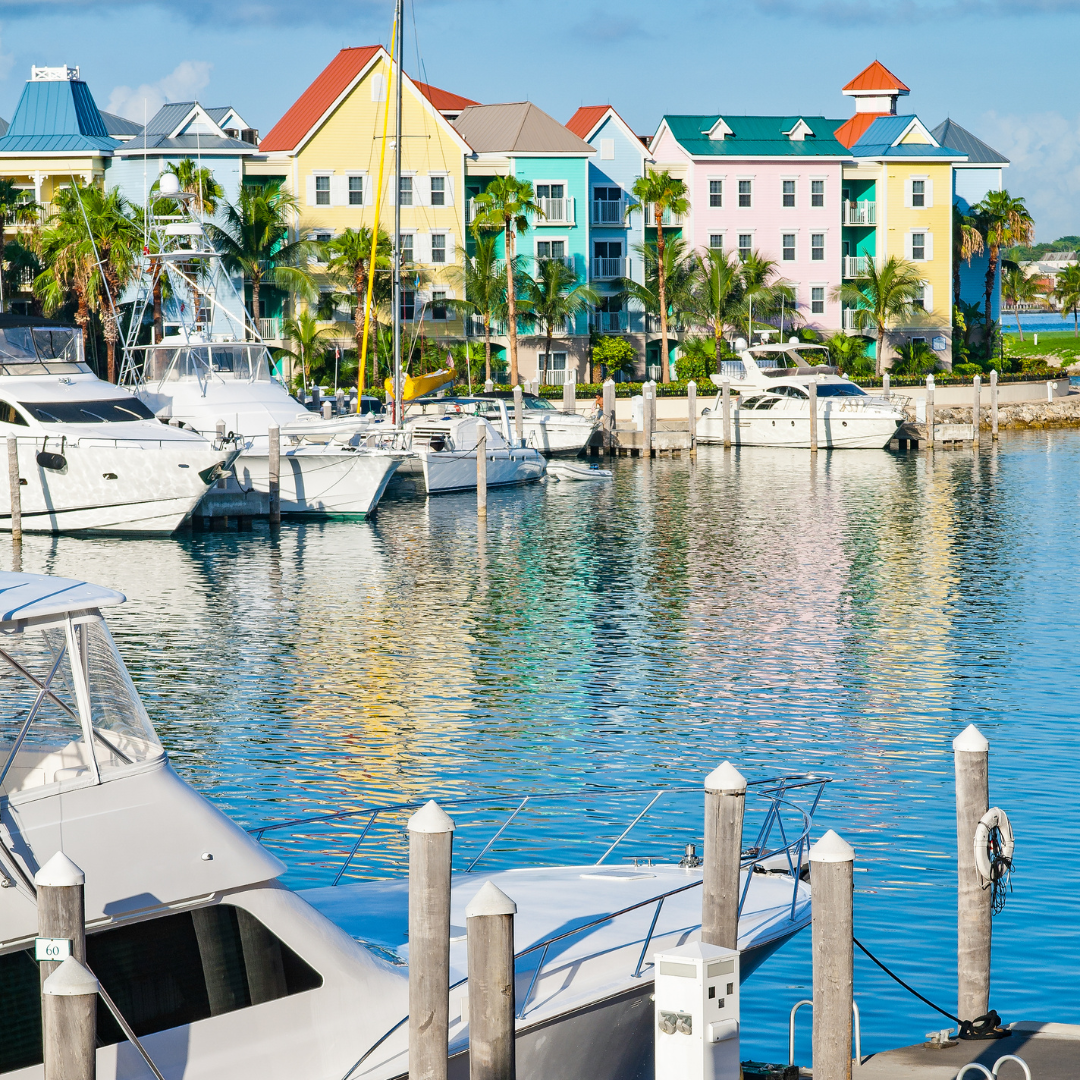 Before you even consider buying in an area, you will have done your homework and taken a look at rental properties in the area and taken a look at the kinds of rents they command from tenants. However, online research can only take you so far. It’s vitally important that you spend as much time as possible in the area yourself and rent one (or better yet more) property in the area so that you can see what it’s like from a tenant’s perspective. This will help to inform the buying process and give you an idea of what you should be looking for. Try and rent for longer stays (at least two weeks if you can) to ensure that tenants will be able to stay for longer periods without getting bored. It’s also worth visiting in different seasons to get a feel for weather and crowd patterns. You wouldn’t want to pay top dollar for an apartment in a busy area only to find that it’s dead outside of peak season yet so busy during peak times that it’s an annoyance and an inconvenience for tenants.
Before you even consider buying in an area, you will have done your homework and taken a look at rental properties in the area and taken a look at the kinds of rents they command from tenants. However, online research can only take you so far. It’s vitally important that you spend as much time as possible in the area yourself and rent one (or better yet more) property in the area so that you can see what it’s like from a tenant’s perspective. This will help to inform the buying process and give you an idea of what you should be looking for. Try and rent for longer stays (at least two weeks if you can) to ensure that tenants will be able to stay for longer periods without getting bored. It’s also worth visiting in different seasons to get a feel for weather and crowd patterns. You wouldn’t want to pay top dollar for an apartment in a busy area only to find that it’s dead outside of peak season yet so busy during peak times that it’s an annoyance and an inconvenience for tenants.
Get the property choice just right
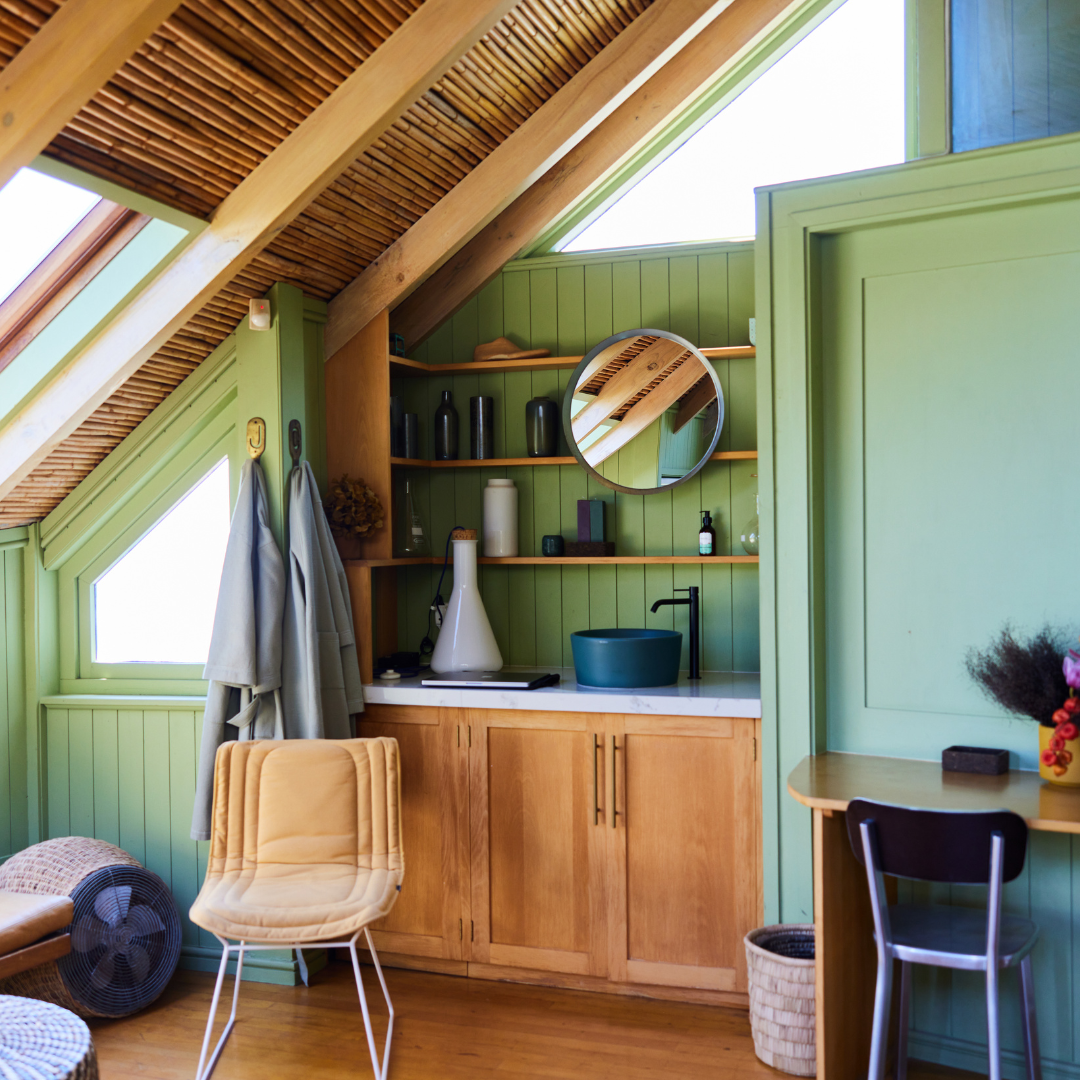 Even when you’re unshakably settled on an area, this is no reason to be cavalier when it comes to choosing the property itself. You should look for a property that’s under budget, especially when buying overseas. This will help you to account for unexpected costs and any fluctuations in currency exchange which could diminish your all-important profits. As important as it is for you to fall in love with the property, it’s also important not to fall for anything that’s too esoteric in design or surplus to requirements. Even if you have the capital to invest in a huge duplex apartment, this may alienate thrifty vacationers. If you want to keep the property occupied for as much of the year as possible, you’ll need to find something with broad appeal. If you box clever and choose a property that’s under budget if all goes well you should be able to upgrade to something a little bigger in a couple of years.
Even when you’re unshakably settled on an area, this is no reason to be cavalier when it comes to choosing the property itself. You should look for a property that’s under budget, especially when buying overseas. This will help you to account for unexpected costs and any fluctuations in currency exchange which could diminish your all-important profits. As important as it is for you to fall in love with the property, it’s also important not to fall for anything that’s too esoteric in design or surplus to requirements. Even if you have the capital to invest in a huge duplex apartment, this may alienate thrifty vacationers. If you want to keep the property occupied for as much of the year as possible, you’ll need to find something with broad appeal. If you box clever and choose a property that’s under budget if all goes well you should be able to upgrade to something a little bigger in a couple of years.
Calculating the costs
 Setting up your homeowner loan/mortgage will likely be complicated especially if you’re buying overseas. Nonetheless, it’s also important to factor in the myriad extra costs of maintaining your vacation home. Some of these will be unavoidable, and some you will be able to mitigate or even avoid altogether. If you expect to turn a profit or even break even you must calculate all of the costs incurred in the running of your property from property managers’ fees to utilities to property taxes and replacing or repairing wear and tear items around the properties that inevitably become worn or damaged through regular use.
Setting up your homeowner loan/mortgage will likely be complicated especially if you’re buying overseas. Nonetheless, it’s also important to factor in the myriad extra costs of maintaining your vacation home. Some of these will be unavoidable, and some you will be able to mitigate or even avoid altogether. If you expect to turn a profit or even break even you must calculate all of the costs incurred in the running of your property from property managers’ fees to utilities to property taxes and replacing or repairing wear and tear items around the properties that inevitably become worn or damaged through regular use.
Avoid the temptation to build from scratch
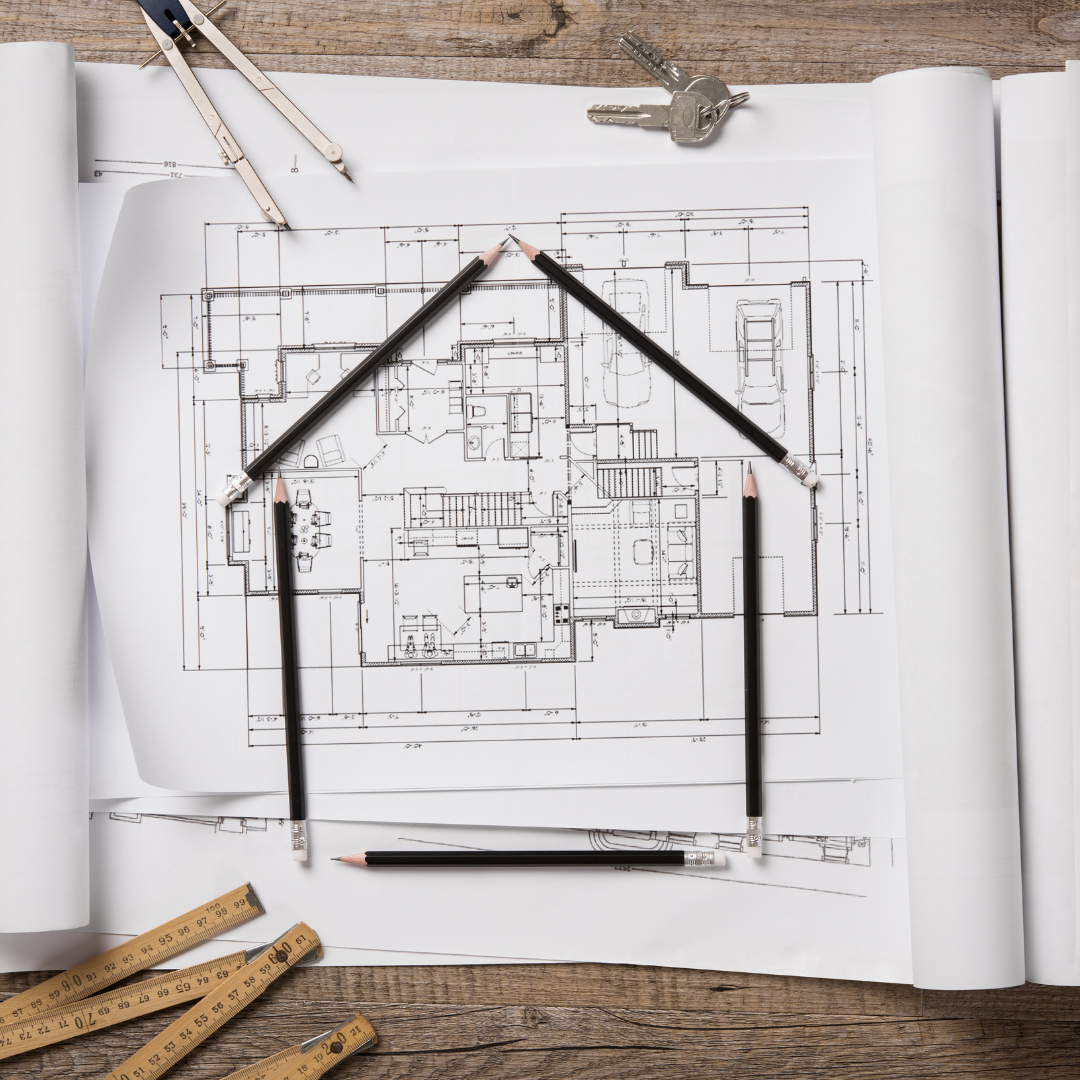 If a property doesn’t come along that ticks all of your boxes it may be tempting to simply buy a plot of land and build your dream vacation home from scratch. While this is undoubtedly an appealing and romantic notion, it can quickly become unsustainably expensive and infuriatingly prohibitive. Getting to the building site regularly enough to keep a watchful eye on the project will be inevitably problematic and building in resort areas can be notoriously prohibitive. You’ll likely have to deal with coastal authorities and local building restrictions as well as unwelcoming local homeowners associations who won’t take kindly to an out-of-towner or foreigner making money on ‘their’ territory. You may also have to work with unreliable contractors and not be able to enforce any quality control over the project. Some coastal commissions are so controlling that they define which plants you can grow and some homeowners associations won’t even let you carry out rudimentary renovations on your home without a contractor approved by them.
If a property doesn’t come along that ticks all of your boxes it may be tempting to simply buy a plot of land and build your dream vacation home from scratch. While this is undoubtedly an appealing and romantic notion, it can quickly become unsustainably expensive and infuriatingly prohibitive. Getting to the building site regularly enough to keep a watchful eye on the project will be inevitably problematic and building in resort areas can be notoriously prohibitive. You’ll likely have to deal with coastal authorities and local building restrictions as well as unwelcoming local homeowners associations who won’t take kindly to an out-of-towner or foreigner making money on ‘their’ territory. You may also have to work with unreliable contractors and not be able to enforce any quality control over the project. Some coastal commissions are so controlling that they define which plants you can grow and some homeowners associations won’t even let you carry out rudimentary renovations on your home without a contractor approved by them.
If you know exactly what to look for and are prepared to play the long game in choosing the perfect property and location, you can benefit from not only a second home but a lucrative revenue stream.
